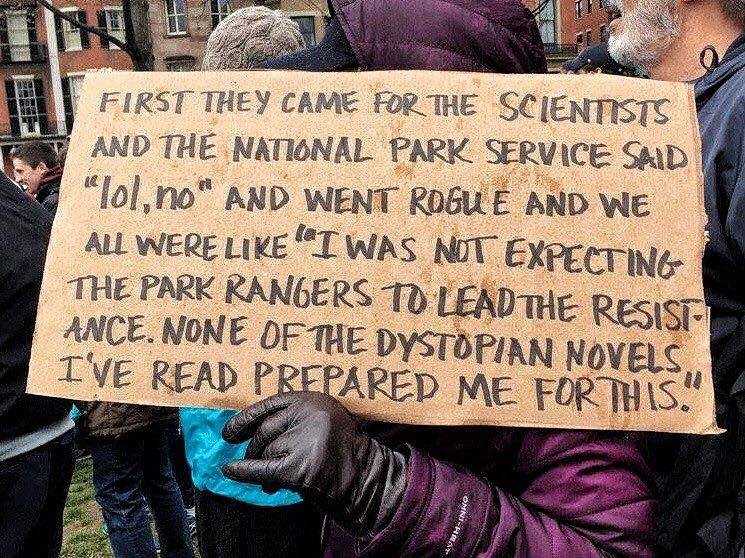 |
| La ragazza che sapeva troppo |
A useful resource I stumbled across the other week, but forgot to mention to those who might also be interested, Paul Di Filippo mentioned on a discussion list, an online archive of Broadcasting magazine, 1931-2002. Todd Mason
A. J. Wright: Boots Mallory
Alice Chang: consoles
Anne Billson: The Girl Who Knew Too Much (La ragazza che sapeva troppo)
The Big Broadcast: 9 April 2017
Bill Crider: Blood Father [trailer]
Bob Freelander: Never Too Young to Die
Brian Arnold: Don Rickles
Brian Keene/The Horror Show: Remembering Robert Bloch, with Stephen King, Jack Ketchum, F. Paul Wilson, David J. Schow, John Skipp, Tom Monteleone, Wayne Allen Sallee, Chet Williamson, Cathy Gonzalez, and Del Howison
Brian Lindenmuth: "Times Like Dying"
B. V. Lawson: Media Murder
Classic Movie Salon: (Sunday after next, discussing) All the Presidents Men
Colin McGulgan: Springfield Rifle
Comedy Filn Nerds: Dino Stamatopoulos & Leah Tiscione; Ramon Rivas II
Cult TV: The Avengers (starring Diana Rigg):"Return to Castle De'Ath"
The.Avengers.1965.S04E05.Castle.De'ath.by superannuatedlps
Cynthia Fuchs: Colossal; The Bye Bye Man
Dan Stumpf: These Thousand Hills
Dave Wain: Underrated '87 films
David Cramner: The Salvation
David James Keaton: men out of prison films
Elgin Bleecker: It Always Rains on Sundays
 |
| Rita Moreno in The Fat Man |
Elizabeth Foxwell: The Fat Man: "The Thirty-Two Friends of Gina Lardelli" (tv pilot); Robert Bloch centennial
Eric Hillis: Caltiki: The Immortal Monster
The Faculty of Horror: Calvaire and Martyrs (2008 film)
Gary Deane: Rural noir films
George Kelley: The Flash: "Duet"
"Gilligan Newton-John": 3-4 January 1981 primetime US broadcast network tv
How Did This Get Made?: xXx: Return of Alexander Cage
Iba Dawson: Kicks
Ivan G. Shreve, Jr.: Accidents Will Happen; Beverly Hills Vamp; Crime Does Not Pay:"Buried Loot"; Crime Does Not Pay the series; You'd Be Surprised
Jack Seabrook: Alfred Hitchcock Presents: "Whodunnit?"
Jackie Kashian/The Dork Forest: Hal Lublin on Saturday Night Live (and The Great American Bake-Off)
 |
| Thrilling Adventure Hour cast featuring Hal Lublin |
Jacqueline T. Lynch: I Wonder Who's Kissing Her Now
Jake Hinkson: After Dark, My Sweet
James Clark: Paterson
James Reasoner: Flashback (1990 film)
Janet Varney/The JV Club: Linda Park
J. D. Lafrance: Mrs. Parker and the Vicious Circle
Jerry House: TED Talks: Ze Frank on Nerdcore Comedy; Baywatch Nights
John Grant: The Naked Edge; Der Verdacht
John Scoleri: Dark Shadows Before I Die: the episodes reviewed
John Varley: Stagecoach (1939 film);The Girl in the Park
Jonathan Lewis: Gambling Lady
Juri Nummelin: The Glass House
Karen Hannsberry: Hope Emerson
Ken Levine: diagnosing problem scripts;WGA strike potential
Kim Newman: Secrets in the Walls; Pulgasari
Kliph Nesteroff: The Joe Franklin Show: David Frye, Jay Leno (1982)
Kristina Dijan: The Dark Tower; The Hook; Love Me Tonight; Canadian trivia; more Canadian trivia
Laura G: I Was a Shoplifter; Jamaica Inn; Infernal Machine
Leo Doroschenko/Andrew Porter: Alcoa Premiere (aka Fred Astaire's Premiere Theatre): "Mr. Lucifer" written by Alfred Bester
Part 2
Part 3
Part 4
Part 5
Part 6
Lindsay D: Midnight (1939 film)
Maltin on Movies: Hayley Mills
Martin Edwards: Blind Date (aka Chance Encounter; 1959 film); The Witness for the Prosecution (BBC TV 2016)
Marty McKee: The Mask of Fu Manchu;Ocean's 11 (1960 film)
Mildred Perkins: Home (2016 stage musical by Christy Hall and Scot Alan)
Mitchell Hadley: Cleveland/Youngstown TV listings, 10 April 1971; TV Guide 10 April 1971
Movie Sign with the Mads: The African Queen
Noel Vera: The Devils
Patricia Nolan-Hall: Avanti!
Patti Abbott: The Innocents
Paul D. Brazill: Tony Hancock
The Projection Booth: They Live
Raquel Stecher: Griffith Observatory;TCM Film Festival
Rick: For Love or Money; Le Mans
Rod Lott: Eliminators; Aftermath (2017 film); Minutes Past Midnight
Ruth Kerr: Gary Cooper
Salome Wilde: River (tv series)
Sergio Angelini: The House of Fear
Stacia Kissick Jones: Loophole (1981 film); The Internecine Project
Stacie Ponder: Mystics in Bali
Stephen Bowie: David Kelley
Stephen Gallagher: FantasyCon 2016
Steve Lewis: South Sea Woman; Frontier Circus: "Depths of Fear" (pilot)
Todd Mason: Robert Bloch: conventions and drama
TV Obscurities: March Home Media releases
Tynan: Starter for 10; Sing Street
Vienna: Tall, Dark and Handsome


































































































8 comments:
Jim, it's a strong and sardonic story...Davidson's anger is usually expressed in his most straightforward and concise work.